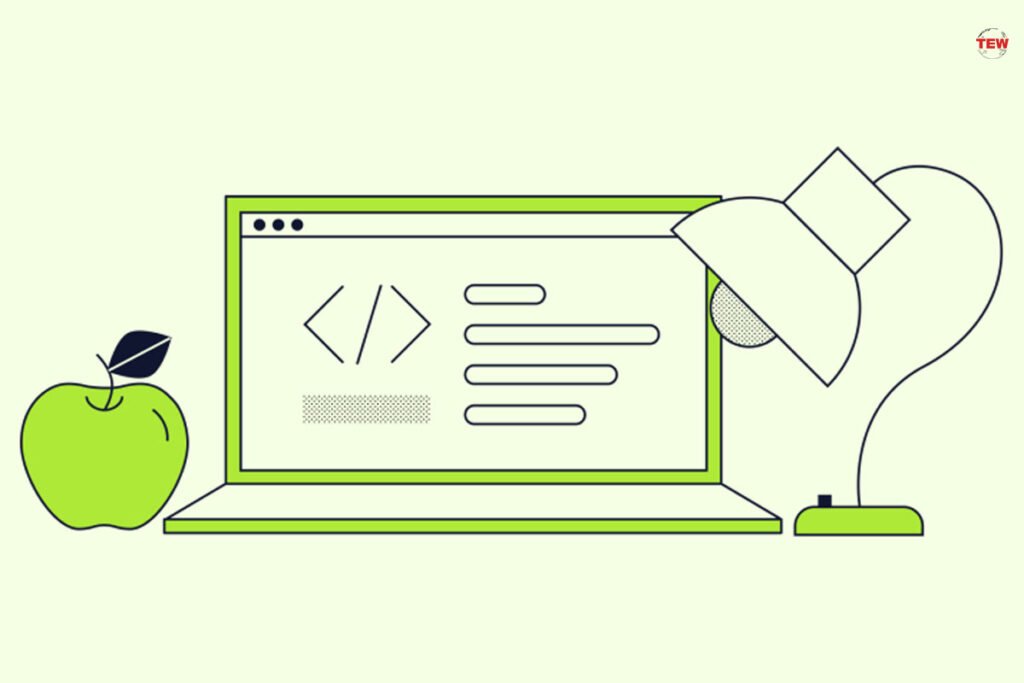No doubt, an essay is the most common type of written work in all schools. It seems that all the teachers simply adore it. Surely, before starting work on an Research for Essays, you need to understand the essence of the task itself. After choosing a topic, it’s necessary to collect material.
And that’s exactly when many problems arise. How to choose trustworthy resources? How to analyze them in the shortest time? How do you not get scared and demotivated by the amount of work? Below, you will find answers to all these questions.
But before we begin, here’s a small recommendation. Sometimes we struggle to do Research for Essays because of other important assignments and lack of time for them. But you don’t have to worry as there’s always a chance to pay for essays and avoid stress and tension.
Writers are super experienced when it comes to school homework, so their Research for Essays will certainly be profound and high quality. Moreover, you can read “do my essay reviews” and choose the best platform which suits you best. With specialists by your side, you will save plenty of energy!
Here Is The 6 Tips to Make Your Research for Essays Take Less Time;
1. Begin With Open Resources
Let’s be honest: the internet is too vast to trust everything you see, so better be careful. When using search engines, try to filter information and learn to write concise queries using exactly those keywords that will lead you to the right resources. You can also use reputable news services.

Databases of major universities and international organizations can also be useful. Why? Only verified and authoritative information is collected there. Plus, presentation sites like Slideshare or Scribd are sometimes helpful as well.
Also pay attention to company reports, various statistical resources, market research (they will allow you to dive into the industry quickly) and bank research (their information is usually high quality).
2. Explore Multiple Types of Resources Per Day
If you are working on a science essay or other type of assignment, you surely need to back up your claims with examples and evidence. Thus, you have to research the issue well enough. Here are a few ways to find up-to-date sources of accurate, reliable information on a topic:
- Science books and journals are usually reliable sources of data. In addition to printed materials, you can also find reliable information in databases like Google Scholar;
- You can also search for primary sources such as letters, eyewitness reports and photographs (this is more suitable for history, or political science);
- Articles from Wikipedia are not suitable sources for school papers. However, quality sources can be found in the “References” section at the end of the article.
Evaluate all the sources critically as even articles by recognized scientists may contain outdated information, factual or logical errors.
3. Take Notes When Working With Sources
When studying information, you should keep detailed records, fix ideas that interest you and questions that need to be rаised. If you are about to use specific data, then write down the details for citation in order to format the references correctly.

Try taking notes on separate cards or in a word document to easily copy, paste, and rearrange passages of text. Organize your notes into categories to find specific ideas quicker.
4. Make The Question As Specific As Possible
When you are Research for gathering information, narrow your topic even further. For example, you may want to answer an atypical question or refute a popular belief. The question or problem will become the basis of your thesis or main argument. And if you struggle to come up with it yourself, reach out to the best essay writing services and rely on them fully.
5. Process Data
Now that you have collected the information From Your Research, you can move on to the next stage which is data processing. It consists of two parts: revising the quality and analyzing everything you’ve gathered. First, you need to assess how the information meets the four criteria:
- Completeness. Check if you have all the required data;
- Timeliness. Make sure all information found is up to date;
- Reliability. Compare information from multiple sources. When in doubt, ask your teacher for help;
- Relevance. Evaluate the information you find and see if it contains unnecessary data.

After you have checked the data, you need to understand the relationships and draw conclusions. You need ready-made hypotheses and a clear idea of what this information will give you. The analysis consists in testing hypotheses and their further confirmation or refutation.
6. Present The Results
In order to make a high-quality presentation of your research, you need to master the principle of the Minto pyramid. This simple tool consists of grouping ideas into clusters that support and expand on the main thesis. We start with the key issue, move on to the supporting arguments, and end with the details.
One Last Tip
To save time, try the speed reading method. One of its features is to capture several words or a whole paragraph at once. This is also called reading diagonally. To quickly move through the text and highlight the main words in it, you need to see them well. To do this, develop peripheral vision.
Also, limit the influence of distracting factors. Concentrate as much as you can and immerse yourself in the text, to comprehend it immediately. You certainly don’t want to read the same paragraphs a couple of times, right?




